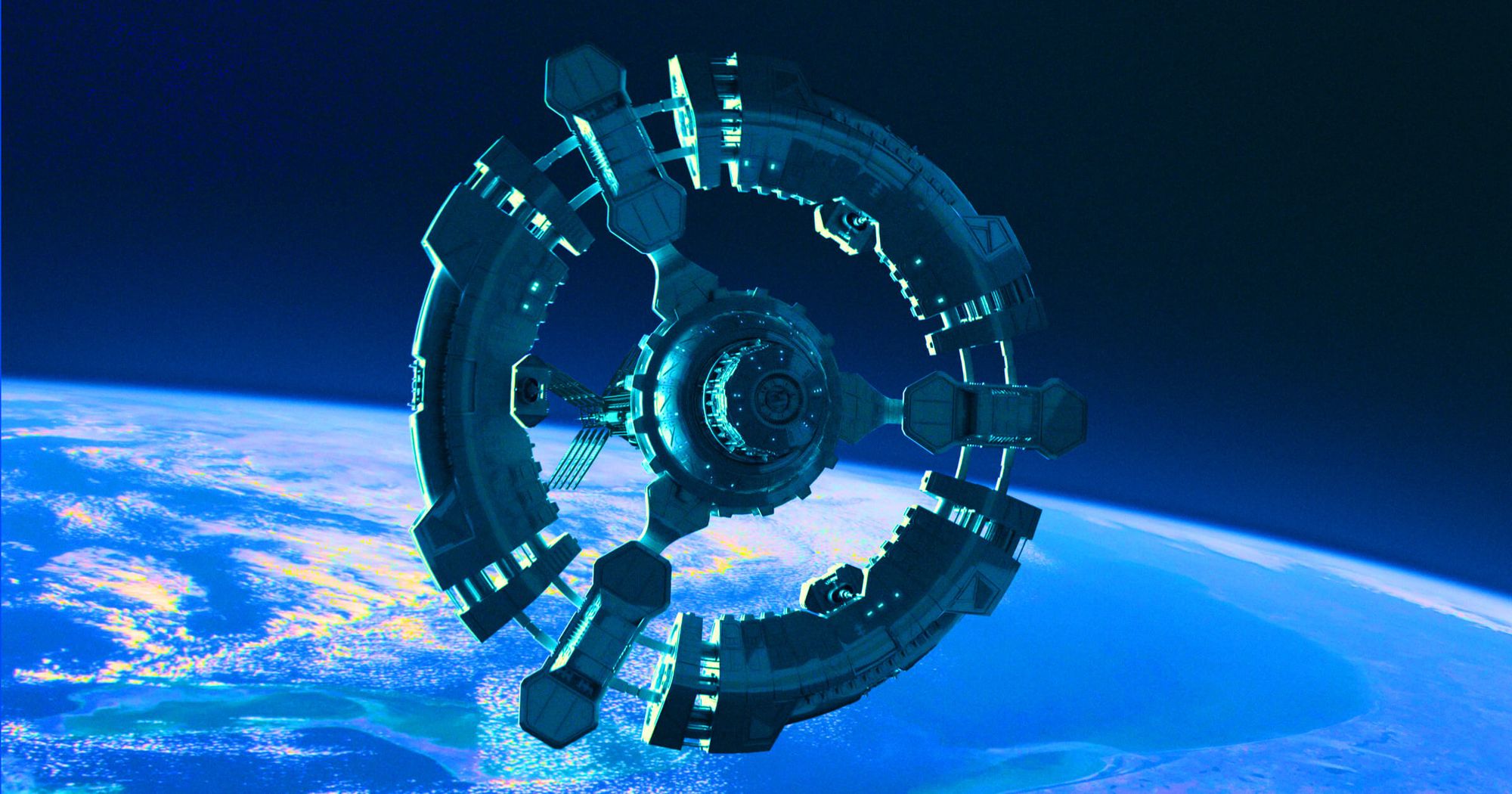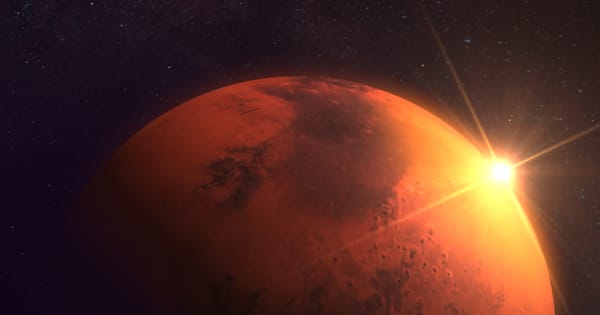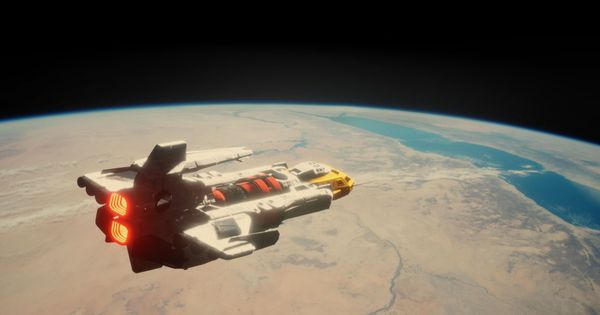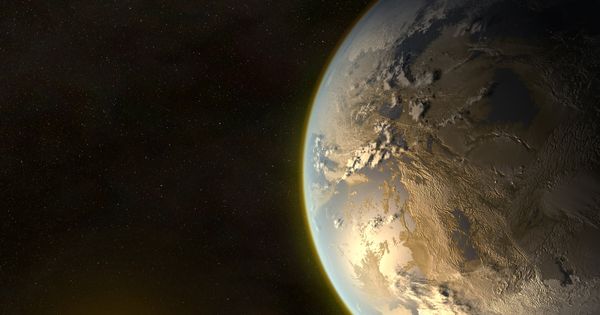As the International Space Station (ISS) nears the end of its operational life, expectations are mounting for a new space station to take its place. While the ISS has been a remarkable achievement, a new space station would offer many benefits in terms of technology, science, and international cooperation. Here are some of the key reasons why a new space station is needed.
Does the ISS need to be Replaced?
Although the ISS has been flying for over 20 years and is expected to remain operational until 2030, leaks, near collisions, and parts failures have accumulated over the years.
There will be an end to this, we know that.
Considering NASA's upcoming missions like Artemis to the Moon, or the James Webb Space Telescope, it's fair to wonder whether a space station is still necessary.
NASA scientists, however, still require outposts in low Earth orbit to conduct studies on deep space technology and science.
There is a lot of discussion about things like risk reduction, or how the human body reacts in microgravity, especially when you are discussing long-duration missions.
It is also about who's got to be the space daddy with China's and Russia's ambitions in the wild wild space.
The Benefits of a New Space Station
A new space station would allow for greater international cooperation.
With the ISS, only a limited number of countries have been involved due to the high costs and technical requirements. However, a new space station could be designed to be more accessible, making it possible for a wider range of countries to participate. This would create more opportunities for scientific research and allow for a greater sharing of knowledge and resources.
A new space station would also offer significantly more space and better facilities for conducting research.
The ISS is quite cramped, and scientists have frequently complained about the lack of space to carry out their work. A new space station would give them the room they need to work more effectively. In addition, the new station could be equipped with more advanced research facilities, making it possible to conduct a wider range of experiments.
These factors would make it an ideal platform for conducting a variety of scientific experiments and furthering our understanding of the universe.
The Drawbacks of a New Space Station
There are also some potential drawbacks to a new space station. One is that it would be very expensive to build and maintain. The ISS has cost around $100 billion to build and operate, and a new space station would likely cost even more. This would make it difficult for many countries to justify the investment and could limit international cooperation.
The United States has already spent billions of dollars on the International Space Station, and it is unclear how much more it would be willing to contribute. Other countries, such as Russia and China, have also expressed interest in the project but it is unclear how much they would be willing to contribute.
Another potential drawback of a new space station is that it would need to be located in a different orbit from the ISS. This would require a new launch system and could create logistical difficulties.
There are many factors that go into deciding the location of a new space station, including the orbit of the existing ISS and the availability of a new launch system. The final decision has not been made, but it is likely that the new space station will be located in a different orbit from the ISS.
It would also mean that the new station would not be able to take advantage of the existing infrastructure, such as the space shuttle.
The Timeline for a New Space Station
There is no firm timeline for the construction of a new space station. However, it is estimated that it would take about 10 years to build. This means that the earliest it could become operational is 2028.
The space station would need to be built in orbit and would require the construction of a new launch facility. It is estimated that the cost of the project would be billions of dollars.
The Purpose of a New Space Station

The purpose of a new space station has not been decided. However, it is likely that it would be used for research and international cooperation. It is also possible that it could be used as a base for future missions to the moon or Mars.
There are many potential benefits to having a new space station. For example, it would provide an opportunity for scientists from different countries to work together on research projects. Additionally, it could be used as a base for future missions to explore the moon or Mars. However, the final purpose of the space station has not yet been decided.
If you have any ideas about what you would like to see the space station used for, be sure to let your representatives know.
The future of space exploration depends on the support of people like you!









